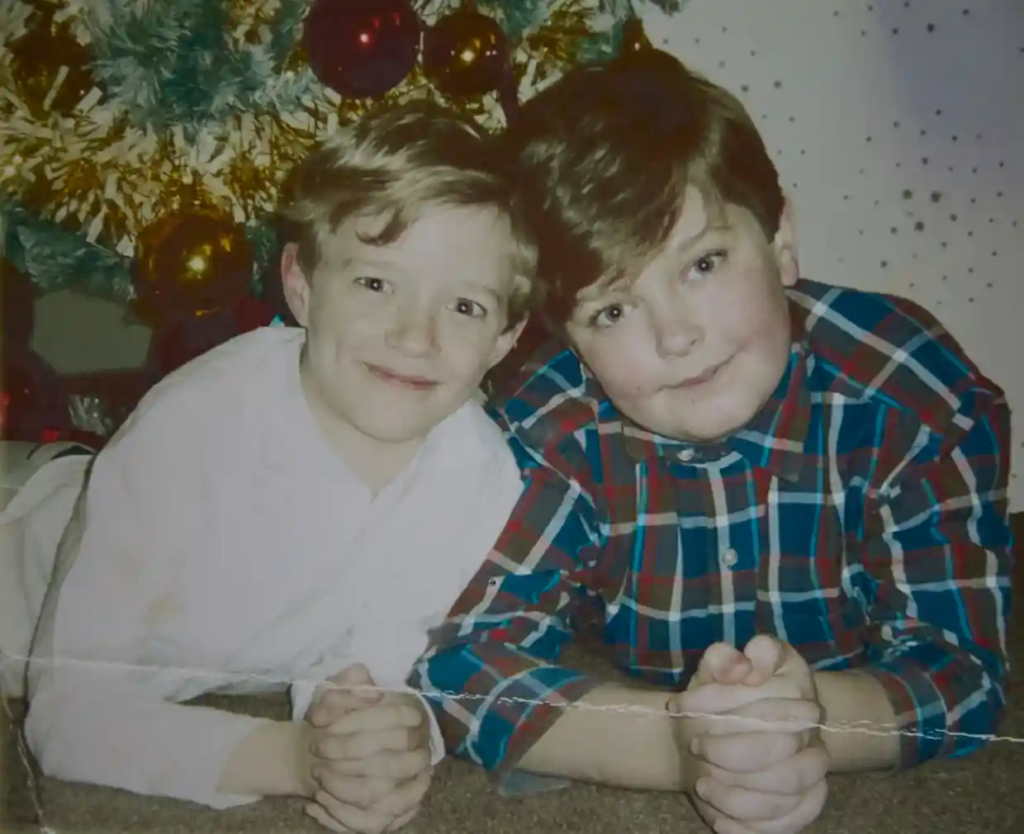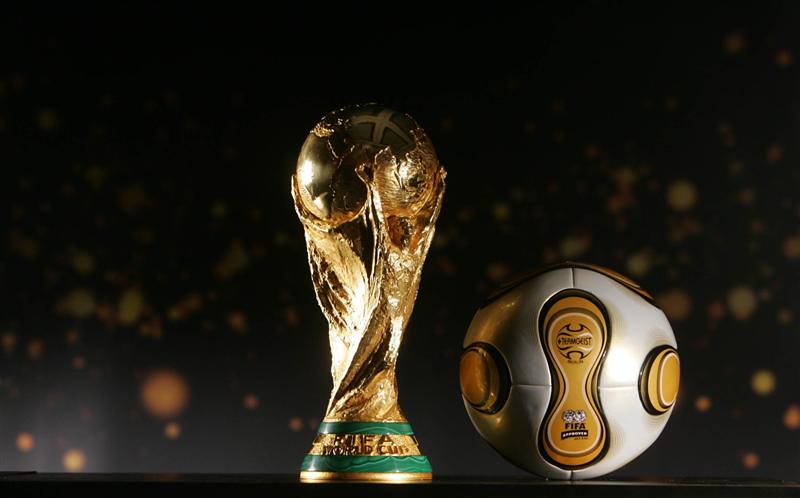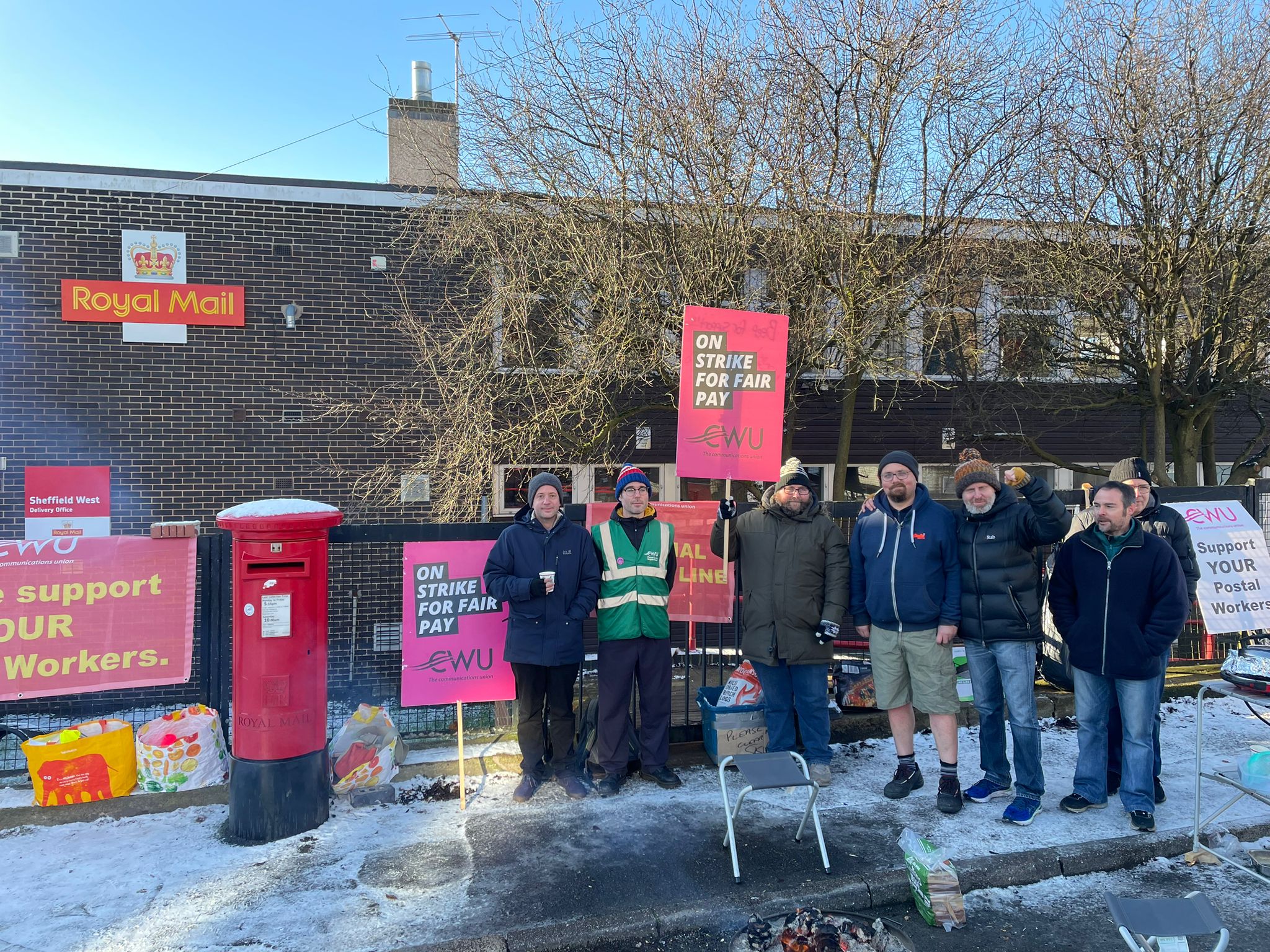Women’s Aid have launched a new campaign to combat the rise in domestic abuse during major football tournaments.
The ‘He’s Coming Home’ initiative coincides with the World Cup which is being hosted in Qatar.
Farah Nazeer, chief executive of Women’s Aid said: “There is a role to play for everyone in helping to end domestic abuse, and raising awareness of the support available during major tournaments can help many women living with abusive partners.”
Jo Todd, Chief Executive of Respect, which works with perpetrators of domestic abuse, said: “We know that football doesn’t create new perpetrators, but in relationships where someone is already abusive, it can add a layer of risk and worry for survivors.”
Claire Throssell MBE, 50, an ambassador for Women’s Aid and campaigner, was left devastated after her two children were murdered by her abusive ex-husband.
Paul, 12, and Jack, 9, were murdered by Darry Sykes in October 2014 after he lured them to the attic of the family home and set the house on fire, during an unsupervised access visit.

Speaking about the Women’s Aid World Cup campaign, Ms Throssell said: “It makes people think there is another side to this so-called beautiful game because I don’t think it is a beautiful game anymore.
“People don’t see the hidden side. They don’t see how their friends react when they go home to their partner. They don’t see the abuse that happens around these times.”
The NSPCC has also warned of an increased risk of domestic abuse during the Qatar World Cup as new figures reveal a spike in contacts to its Helpline regarding child abuse.
According to the child protection charity during the previous football World Cup contacts to its helpline in relation to domestic abuse jumped increased by a third.
Sir Peter Wanless, Chief Executive of the NSPCC, said: “The majority of fans across the country will enjoy the World Cup with friends and family but for many children living with domestic abuse it will bring nervousness, fear and even violence.
“Anyone who hears or sees something worrying regarding a child while watching the football can reach out to the NSPCC Helpline for confidential advice.”
The charity explained football does not cause domestic abuse, but heightened emotional stress, alcohol and betting on the games could act as potential triggers to incidents at home.
A parent of another child, whose name has been withheld, contacted the NSPCC’s Helpline during the last World Cup, said: “My daughter’s best friend told me her dad is hitting her and her mum. He drinks a lot at the pub and then gets abusive and violent when he’s back home.
“They feel they have no way out as they depend on him financially, and they fear he’d punish them if anyone finds out about his behaviour.”
After being the victim of abuse at the hands of her ex-husband, Ms Throssell fought for custody of her two sons, through the family court, who she says were also being bullied by their father.
She said: “It was a truly barbaric process to go through. You think you’ve fled the fear and oppression but it just continues in the courts.”

It was after this process Ms Throssell partnered with two other women to launch the Women’s Aid Child First campaign, which was designed to stop unsafe child contact between known perpetrators and their children.
Ms Throssell pushed for changes to the legislation in family courts, which have now been included in the Domestic Abuse Bill.
As a result children are now recognised as victims in their own right if they have experienced domestic abuse. There is also a ban on cross-questioning in family court and special measures in place to protect children.
If you are concerned about the behaviour of your partner, contact the Respect Phoneline on 0808 8024040.




